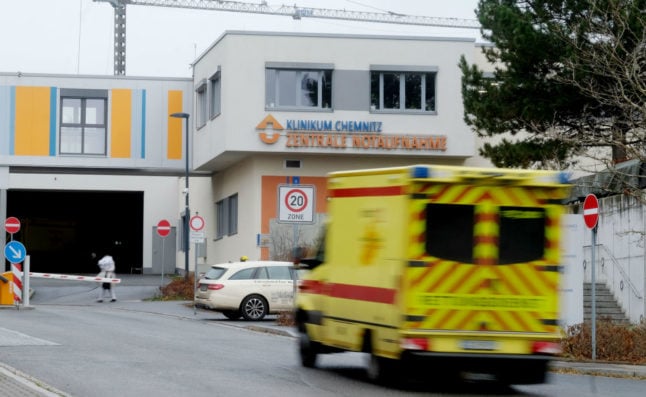A total of 1,129 people died in the previous 24 hours, according to figures from the Robert Koch Institute, up from the previous record of 962 logged last Wednesday.
There were 22,459 new infections over the same period, it added.
An apparent drop in new infections and deaths in recent days was a result of local authorities not sending in their data over the Christmas period, the institute said.
More than 32,000 people have now died from the virus in Germany, which appeared to fare relatively well in the first wave of coronavirus in the spring but has been hit hard by a second wave.
According to the RKI, about 96 percent of those who died from the disease were over 60 years old. About 20,000 were over 80 years old. Just over 1,000 were between 35 and 59 years old. Fewer than 60 of the deceased were younger than 35.
Elderly people belong to the coronavirus risk groups, suffer a severe course of the disease more often and have to be treated in intensive care units.
The country began its vaccination drive on Saturday, with a 101-year-old woman in a care home becoming the first person to receive the Pfizer-BioNTech jab.
Around 65 percent of Germans said they are prepared to be vaccinated, according to a poll carried out by YouGov for the German news agency DPA.



 Please whitelist us to continue reading.
Please whitelist us to continue reading.
How many of those people that died had the new Covid Vaccine? We should be asking questions & not just blindly accept the ‘news’ we digest.